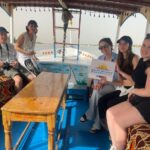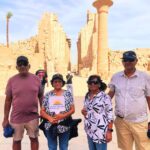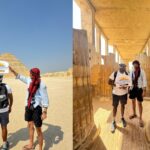Nestled at the southern tip of the Sinai Peninsula in Egypt, Ras Mohammed National Park is a testament to the majesty of nature’s creations. This protected area encompasses diverse ecosystems, from vibrant coral reefs to arid desert landmarks, offering a unique blend of land and marine wonders. Whether you’re an avid nature enthusiast, an adventure seeker, or a leisure traveler, Ras Mohammed National Park promises an experience like no other. This guide delves into the park’s captivating features, activities, and practical tips, ensuring your journey is both informed and exhilarating.
Ras Mohammed National Park: A Natural Marvel
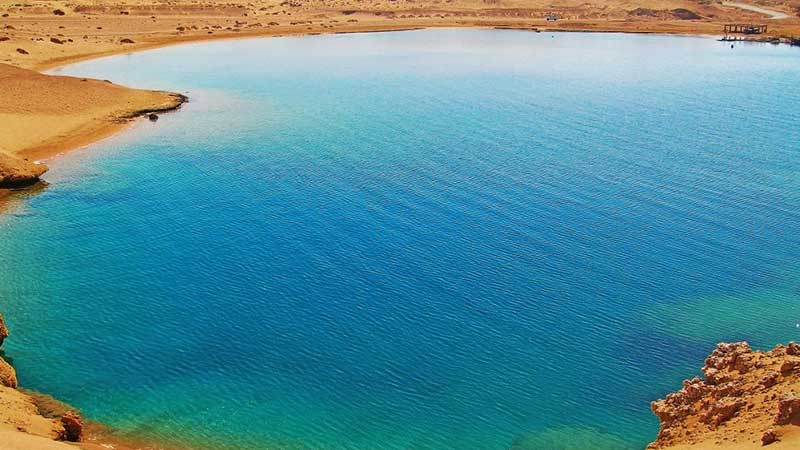
Ras Mohammed National Park is a true gem for nature lovers. Its name translates to “Mohammed’s Head,” inspired by the stunning rock formations that resemble a head when viewed from above. This protected area, established in 1983, spans over 480 square kilometers, encompassing a rich tapestry of environments:
- Diverse Marine Life: The park’s underwater realm is a thriving ecosystem, home to over 220 coral species and many marine creatures. Snorkeling and diving enthusiasts will be mesmerized by the vibrant coral gardens, colorful fish, and the chance to spot majestic sea turtles and dolphins.
- Breathtaking Dive Sites: Ras Mohammed national park boasts some of the world’s most renowned dive sites, such as Shark and Yolanda Reefs. These sites offer encounters with schools of fish, intricate coral formations, and the famous Yolanda wreck, where the remnants of a cargo ship and its toilets have created a unique diving attraction.
- Spectacular Desert Landscapes: Beyond the coastline, the arid desert landscapes of Ras Mohammed national park hold their allure. Towering dunes, rugged mountains, and salt flats starkly contrast the azure waters, making it an ideal destination for hikers and explorers.
Exploring the Park: Activities and Adventures
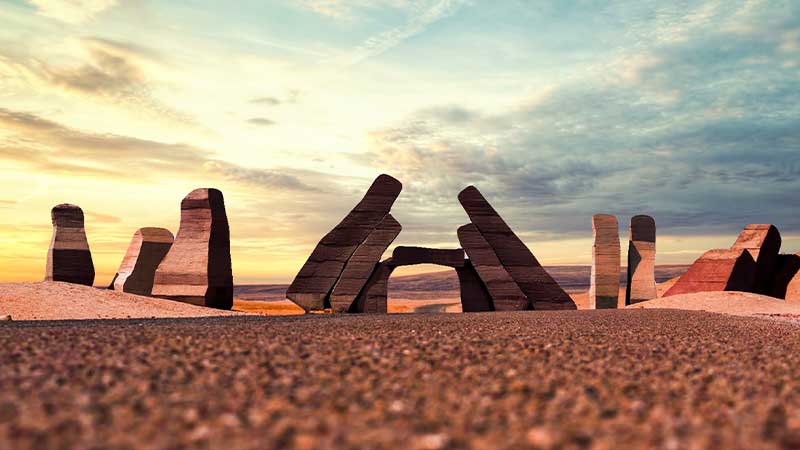
Snorkeling: Immersing Yourself in Underwater Marvels
When visiting Ras Mohammed National Park, snorkeling is a must-do activity. The park’s marine life is a living testament to the diversity of the Red Sea. Don your snorkeling gear and wade into the crystal-clear waters to witness an underwater kaleidoscope of colors. The Shark Observatory offers a unique opportunity to observe reef sharks and other marine species in their natural habitat.
Diving: A Subaquatic Wonderland Awaits
For certified divers, Ras Mohammed is a dream come true. The park’s dive sites cater to various skill levels, ensuring both beginners and experienced divers have an unforgettable experience. The vibrancy of marine life and the charisma of underwater caves and tunnels make each dive a captivating adventure.
Wildlife Spotting: From Camels to Gazelles
While marine life takes center stage, Ras Mohammed’s terrestrial inhabitants are equally captivating. Watch for indigenous wildlife such as Nubian ibex, desert foxes, and gazelles. Camel trekking is a popular way to explore the desert landscapes, offering a glimpse into the lives of Bedouin communities that have thrived here for generations.
Mangrove Exploration: Discovering Hidden Ecosystems
Ras Mohammed’s mangroves are a hidden treasure within the park. These salt-tolerant trees play a vital role in coastal ecosystems, providing habitats for various marine species. Guided tours offer insight into the importance of mangroves and the delicate balance they maintain in the ecosystem.
Desert Safaris: Unveiling the Golden Sands
Embark on a desert safari to witness the stark beauty of Ras Mohammed’s desert landscapes. Traverse golden dunes, visit the salt flats, and marvel at the panoramic views from elevated viewpoints. As the sun sets over the desert, the landscape takes on a breathtaking hue, creating a picturesque photography scene.
Tips for an Unforgettable Visit
- Plan Ahead: Before visiting Ras Mohammed, research the best time to go based on weather conditions and marine life activity. Booking accommodations in advance ensures a seamless experience.
- Respect the Environment: Ras Mohammed requires visitors to follow strict conservation guidelines as a protected area. Avoid touching or damaging coral reefs, refrain from littering, and respect the natural habitats of wildlife.
- Stay Hydrated: The desert climate can be intense, so stay hydrated throughout your visit. Carry sufficient water and protect yourself from the sun with sunscreen and appropriate clothing.
- Guided Tours: Consider joining guided tours led by experts. They can provide valuable insights into the park’s ecosystems, history, and conservation efforts.
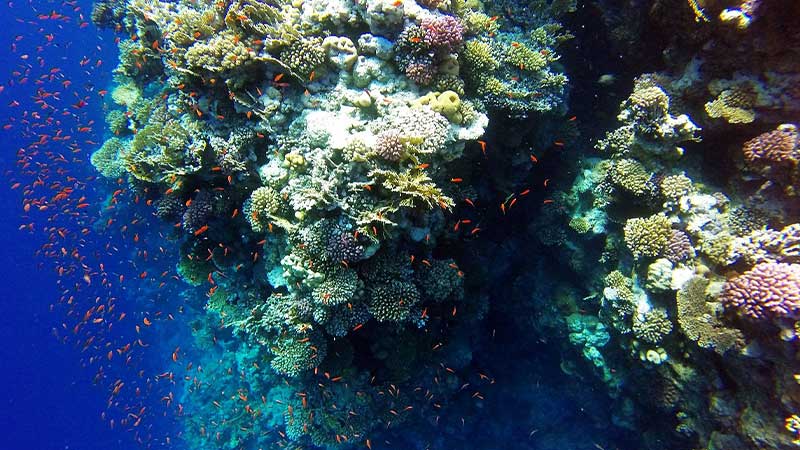
FAQs about Ras Mohammed National Park
What is the best time to visit Ras Mohammed National Park?
The ideal time to visit is during the cooler months from October to April, when the weather is pleasant for both land and marine activities.
Are there accommodation options within the park?
While there are no accommodations within the park, nearby towns like Sharm El Sheikh offer a range of lodging options.
Can I bring my own snorkeling or diving gear?
Absolutely! Bringing your gear is recommended for comfort and hygiene. However, rentals are available in nearby towns as well.
Are there age or skill restrictions for diving?
Diving sites cater to various skill levels, from beginners to advanced divers. Age restrictions may vary depending on the dive center’s policies.
Are food and drinks available within the park?
Carrying snacks and water is advisable, as the park has limited food options.
How can I contribute to the park’s conservation efforts?
Participate in organized clean-up activities, adhere to park regulations, and spread awareness about responsible tourism practices.
Conclusion
Ras Mohammed National Park beckons adventurers and nature enthusiasts to immerse themselves in its enchanting landscapes and vibrant underwater worlds. From the dazzling coral reefs to the serene desert expanses, every park corner holds a story waiting to be discovered. By respecting the environment and embracing its wonders, visitors can ensure the preservation of this natural marvel for generations to come.


